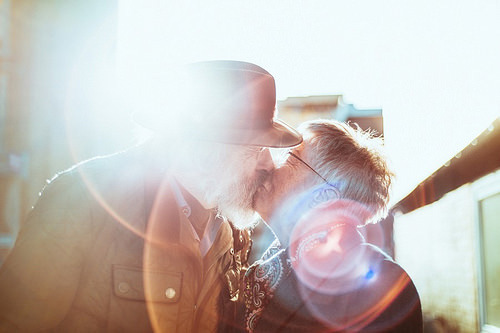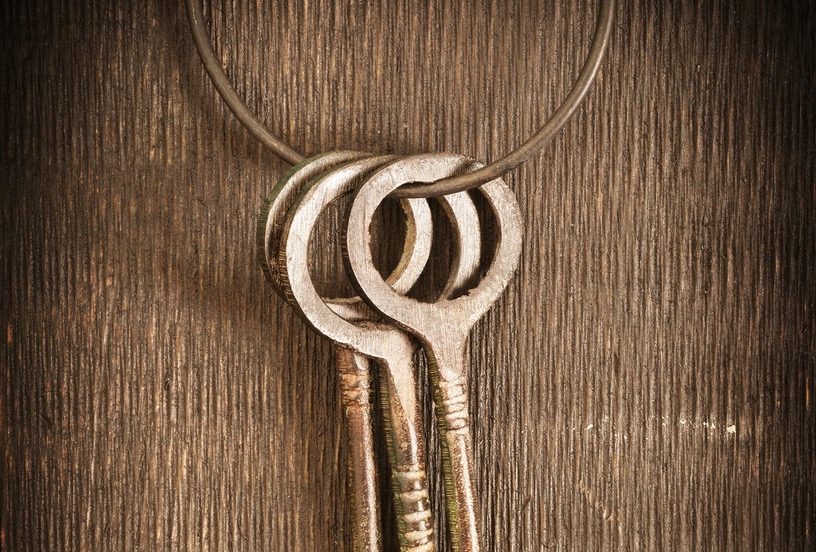by Helen Lamanna, AdvisorAnalyst.com
Here are this week's reading diversions for your personal enlightenment. Have an great long weekend!
Type A Personality | Simply Psychology
This type of personality concerns how people respond to stress.
*****
40 Rituals that Make Relationships Last 40+ Years
Relationships must be worked on all the time, not only when they are broken and need to be fixed.
*****
What Are The Benefits Of Drinking Espresso
As long as you do not drink too much, espresso is good for you. But just why is espresso good for you? The reason is that it contains anti-oxidants that many people are unaware of. These anti-oxidants help to boost your health and it does not matter whether you drink espresso or a cappuccino.
*****
What Are the Benefits of Eating Pistachios | Healthy Eating | SF Gate
Pistachios make for a healthy snack.
*****
Time in the Sun: How Much Is Needed for Vitamin D? - US News
With heart deaths linked to low vitamin D levels, an expert offers advice on getting just enough sun.
*****
Health Buzz: Kids Today Are Less Fit Than Their Parents Were - US News
7 tips for a cheap Thanksgiving meal; how one man defeated diabetes
*****
5 Raw Foods You Should Be Eating For Prettier Skin
Kale and spinach help keep skin firm because they contain phytonutrients that provide extra protection from sun damage. Spinach is especially good because it's loaded with the nutrients beta-carotene and lutein, which have been shown to improve skin elasticity. Tip: Try to get about 3 cups of either leafy green per week. Each is delicious as the foundation of a salad—even tastier mixed together.
*****
Working Out at 40 Could Mean Better Health at 80 | MORE Magazine
OK, so 80 isn’t exactly the new 40, but if you want to feel great when you hit your ninth decade, you had best get moving now.
*****
The Importance of Eating Together - The Atlantic
Family dinners build relationships, and help kids do better in school.
*****
Memory Worries | 5 Signs Your Memory Problems Are Serious
"Everybody's memory is different, so you have to use your own as a baseline to notice changes that are worrisome," says University of Wisconsin geriatric psychiatrist Ken Robbins. "But certain signs are more strongly associated with a problem like Alzheimer's."
*****














